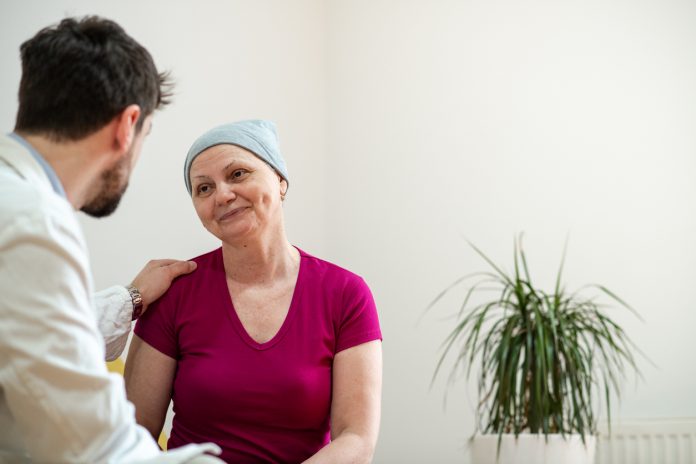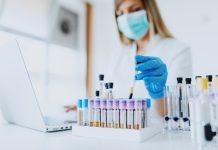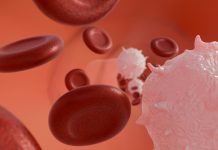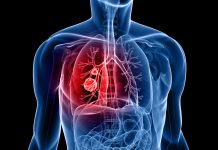Asal Shirazi, Founder and CEO of the Autoimmune Support and Awareness (ASA) Foundation, discusses the increased prevalence of cancer in the UK and the challenges facing NHS England as it works to tackle backlogs in cancer care
What are the most common cancers that people are diagnosed with within the UK? How has the prevalence of certain cancers changed in recent years?
According to the statistics given by the NHS, the four most common cancers in the UK are breast cancer, accounting for around three in 20 (15%) of all cases in females and males combined (2017-2019). The next most common cancers in the UK are prostate (14%), lung (13%), and bowel (11%). (1)
It is important to understand that multiple factors affect the prevalence of cancer. These include lifestyle, the ageing population, environmental influences, and advances in detection and reporting.
Environmental factors can include diseases, such as viruses and stress. The socioeconomic effects of the pandemic and the general economy, as well as the stress created by this, have had a tremendous effect on the rise of immune dysfunction and the incidence of cancer.
The UK has an increasing ageing population, and the risk of cancer increases with age. People live longer and thus are more likely to develop cancer.
Drinking alcohol, smoking, obesity, and lifestyle choices may not have an immediate effect, but studies have confirmed that, in time, these can lead to cancer. Currently, in 2024, there is a growing issue with young people vaping. The long-term risks of vaping have yet to be studied and determined.
Exposure to environmental pollutants and carcinogens, such as air pollution and workplace-related hazards, can contribute to cancer risk. Exposure to asbestos, for example, is known to increase the occurrence of conditions, including lung cancer and cancer of the digestive system. Silica dust and asbestos increase the production of autoantibodies, creating a highly inflammatory environment. Studies have shown that continued exposure of T lymphocyte cells in the immune system results in anti-tumour immunity, which explains the correlation between lung cancer and other inflammatory conditions and asbestos.
Of course, all the known influencing factors are heavily affected by a person’s genetic disposition. Some individuals have a higher genetic risk due to inherited genetic mutations.
Advances in medical technology and widespread screening programs (e.g., for breast, cervical, and bowel cancer) have led to earlier detection of cancers. This is a positive for treatment outcomes, but it also increases the apparent prevalence of cancer. Together with greater awareness and more people talking about having cancer means, it is more visible than it was before.
Changes in healthcare delivery during the COVID-19 pandemic have the ongoing potential to exacerbate existing health inequalities due to changes in how patients are triaged, diagnostic and disease management processes, reduced social support available to patients and potential over-reliance on digital first approaches.
Interestingly, the Health Foundation in the UK published its findings in 2023, whereupon it was clear that socioeconomic issues have a large bearing on the population’s health. It can, therefore, be deduced that the greater the cost of living, the greater the incidence of increased cancer and chronic disease in affected populations. (2)
The combination of these factors means that cancer is a significant public health issue in the UK, with various efforts in place to reduce risk factors and improve treatment outcomes.
What are some of the challenges impacting NHS England in terms of cancer diagnoses and access to treatment?
Two main factors have affected the efficiency of the NHS in recent years. First, the pandemic created a backlog of treatments, and the NHS is still trying to catch up. Second, Brexit meant that many foreign nurses and medical staff left the UK, and recruitment from Europe is now harder. The supply chain for medications and equipment has also significantly increased in cost.
This shortage of staff reduced access to diagnostics and treatments, and the building backlog has been impacting the NHS services. This is relevant for all health conditions because we are also seeing a significant yearly rise in incidences of autoimmunity. Delayed diagnosis due to a lack of adequate frontline awareness and training often means a patient has to make multiple visits to the GP for a diagnosis or a referral. By this time, there has been irreversible physical and mental health damage, which is then passed on to the hospital consultants. This is particularly true in disadvantaged groups, who often experience worse outcomes.
Lack of resources or up-to-date equipment in some hospitals and poor data integration across different parts of the NHS makes it challenging to streamline patient care, leading to inefficiencies and delays in the patient journey. Constant change within the administrative system by the government and lack of adequate communication between departments cause delays, mistakes, and discrepancies that have a knock-on effect on the whole system.
The NHS is repeatedly reorganised, while social care and frontline training and education are overlooked.
There are also disparities in cancer care across different regions of England. Patients in some areas face longer waits and have less access to advanced treatments compared to those in other regions.
In addition to all the above, the NHS faces funding constraints and financial issues, which create greater complexity to the already challenged system. These issues require a combination of increased investment, strategic planning, innovations in service delivery, and an increased workforce.
How are innovative solutions in cancer care supporting early diagnoses?
Innovative solutions in cancer care are playing a crucial role in supporting early diagnoses, which is key to improving patient outcomes. Some of the most impactful innovations include:
- Advanced Imaging Techniques
- Molecular Imaging
- Liquid Biopsies
- Early Detection of Recurrence
- Genomic and Biomarker Testing leading to personalised treatments.
- AI and Machine Learning used to analyse large amounts of data
- Integrated digital systems for faster referral pathways • Remote Screening and follow-ups
- Mobile Health Screening Units
All the above needs improvement with the use of the latest technologies, but collectively, they are enhancing healthcare systems’ ability to detect cancer earlier, often before symptoms arise, which is critical for improving survival rates and reducing the burden of cancer.
The evolution and wider adaptation of these innovative tools across all areas of the NHS network have the potential to significantly change the landscape of cancer care.











